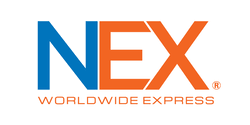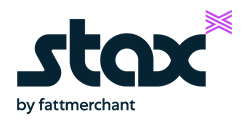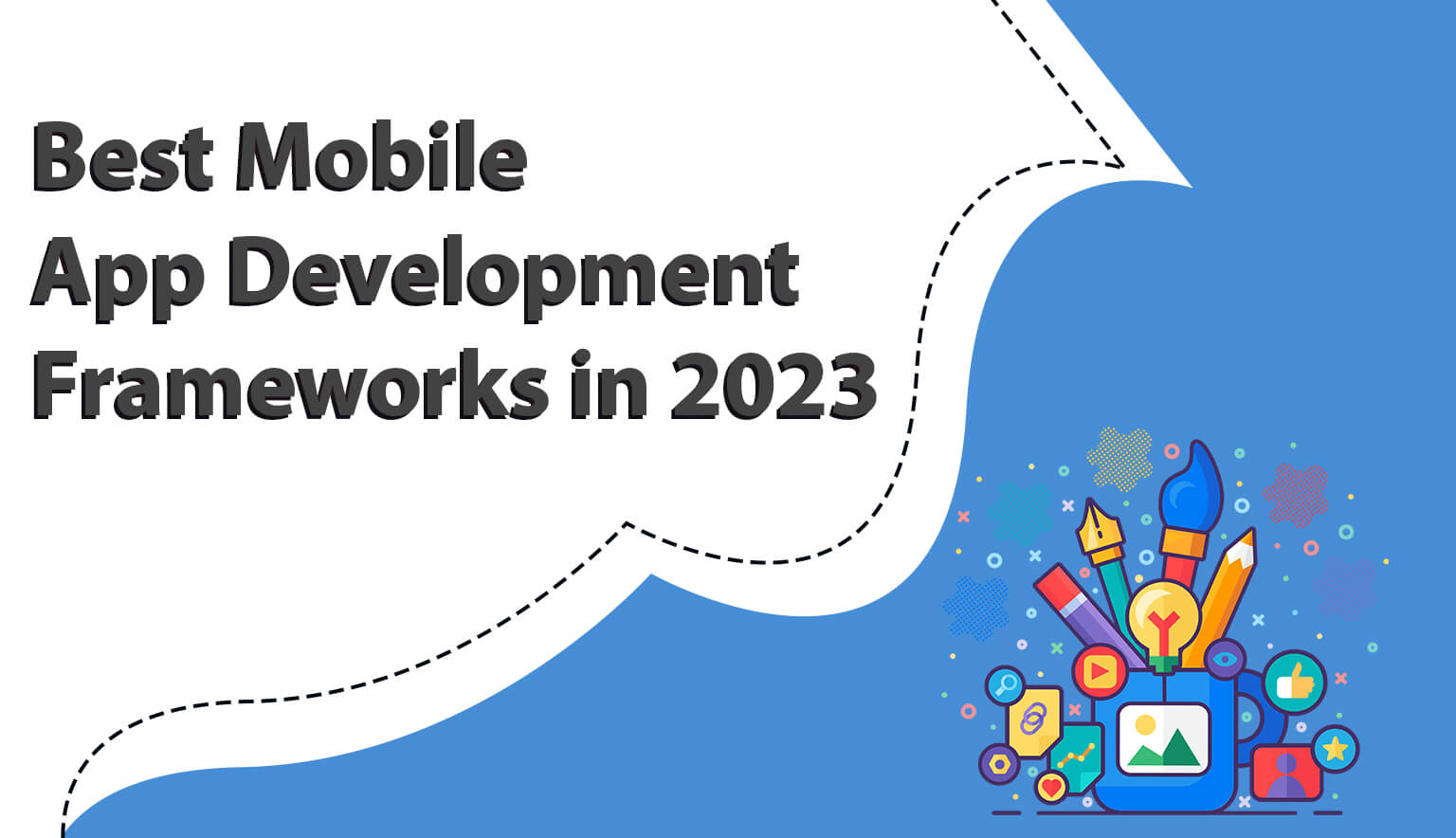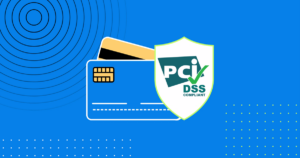A mobile app development framework is a set of tools, libraries, and best practices used by developers to build mobile applications. It provides a standardized approach to app development, making it easier for developers to create high-quality apps in a shorter amount of time.
Some popular mobile app frameworks include React Native, Flutter, Ionic, Swift, Kotlin and Xamarin. These frameworks allow developers to write code once and deploy it across multiple platforms, such as iOS and Android, which can save time and resources.
According to a recent report by Statista, the global mobile app development market is projected to reach US $641.10bn by 2027. This growth is fueled by the increasing number of smartphone users and the growing demand for mobile apps across various industries, including healthcare, finance, and retail.
Moreover, the report highlights that cross-platform development solutions, which are made possible by mobile app frameworks, are gaining popularity, with 61% of developers using cross-platform tools in 2021. This trend is expected to continue in 2023 as businesses seek to develop apps for multiple platforms while minimizing costs and development time.
Overall, mobile app frameworks play a crucial role in the development of mobile applications, enabling developers to build high-quality apps more efficiently and cost-effectively.
Best Mobile App Development Frameworks in 2023
Based on the current trends and popularity, here are some of the most popular mobile app development frameworks in 2023
- React Native
React Native is a popular cross-platform mobile app development framework that allows developers to build apps for both iOS and Android platforms using a single codebase. It is an open-source framework developed by Facebook, and it provides a fast and responsive user interface.
With React Native, developers can use their knowledge of JavaScript to create highly efficient and scalable apps. It also has a vast community of developers that contribute to its development, providing ongoing support and updates.
- Flutter
Flutter is another popular cross-platform mobile app development framework that has gained significant popularity in recent years. It is an open-source framework developed by Google, and it uses Dart as its programming language.
Flutter allows developers to create highly responsive and customizable user interfaces with its widgets, making it ideal for developing visually stunning apps. It also provides a hot reload feature that allows developers to see changes in the app in real-time, making the development process more efficient.
- Ionic
Ionic is a popular hybrid mobile app development framework that allows developers to build apps for multiple platforms, including iOS, Android, and web apps. It is an open-source framework that uses web technologies like HTML, CSS, and JavaScript to build apps.
Ionic provides a vast collection of pre-built UI components, making it easy for developers to create visually appealing and responsive apps. It also provides extensive documentation and support, making it an ideal choice for beginners.
- Xamarin
Xamarin is a cross-platform mobile app development framework that uses C# as its programming language. It allows developers to build native apps for both iOS and Android platforms using a single codebase.
With Xamarin, developers can leverage their existing knowledge of C# to build highly efficient and scalable apps. It also provides a wide range of pre-built UI components, making it easier for developers to create visually stunning apps.
- Swift
Swift is a native mobile app development framework developed by Apple. It allows developers to build highly efficient and responsive apps for iOS platforms.
Swift is a powerful programming language that provides a wide range of features and functionalities, making it an ideal choice for building complex apps. It also provides extensive documentation and support, making it easier for developers to get started.
- Kotlin
Kotlin is a native mobile app development framework developed by Google. It allows developers to build highly efficient and scalable apps for Android platforms.
Kotlin is a modern programming language that provides a wide range of features and functionalities, making it an ideal choice for building complex apps. It also provides extensive documentation and support, making it easier for developers to get started.
- Appcelerator
Appcelerator is a popular mobile app development platform that allows developers to build apps for multiple platforms using a single codebase. It provides a wide range of pre-built UI components, making it easier for developers to create visually stunning apps.
Appcelerator also provides extensive documentation and support, making it an ideal choice for beginners. It also provides features like cloud services and analytics, making it easier for businesses to manage their apps.
- Node.js
Node.js is a popular server-side JavaScript runtime environment that can also be used for mobile app development. It allows developers to build highly efficient and scalable mobile apps using JavaScript.
With Node.js, developers can use the same codebase for the server-side and client-side of the app, making it easier to develop and maintain the app. It also provides extensive libraries and modules that can be used to add functionalities to the app.
- Firebase
Firebase is a popular mobile app development platform developed by Google. It provides a wide range of features and functionalities, including real-time database, cloud messaging, and authentication services.
Firebase also provides extensive documentation and support, making it easier for developers to get started. It also provides analytics and crash reporting services, making it easier for businesses to manage their apps.
- Apache Cordova
Apache Cordova is a popular hybrid mobile app development framework that allows developers to build apps for multiple platforms using web technologies like HTML, CSS, and JavaScript. It provides a wide range of pre-built UI components, making it easier for developers to create visually appealing and responsive apps.
Apache Cordova also provides plugins and extensions that can be used to add functionalities to the app, such as camera access, geolocation, and push notifications. It also provides extensive documentation and support, making it an ideal choice for beginners.
Frequently Asked Questions (FAQ) – Mobile App Development Frameworks
- What is a mobile app development framework?
A mobile app development framework is a collection of pre-written code, libraries, tools, and resources that developers use to build mobile applications more efficiently. It simplifies the app development process by providing ready-to-use solutions for common development tasks. Which mobile app development framework should I choose?
The choice of mobile app development framework depends on several factors, including the type of app you want to build, the development team’s expertise, the target platform, and the project budget. It’s important to evaluate each framework’s features and benefits before making a decision.- How long does it take to develop a mobile app using a framework?
The development time of a mobile app depends on several factors, including the complexity of the app, the framework used, and the development team’s experience. However, using a mobile app development framework can significantly reduce the development time, as it provides pre-built solutions for many common development tasks. - Can a mobile app development framework be used for cross-platform app development?
Yes, several mobile app development frameworks, such as React Native, Flutter, and Xamarin, support cross-platform app development. They allow developers to write code once and deploy it on multiple platforms, such as iOS and Android, reducing development time and costs. - Are mobile app development frameworks suitable for large-scale applications?
Yes, mobile app development frameworks are suitable for large-scale applications. Many frameworks, such as React Native and Flutter, have been used to develop high-profile apps, including Facebook, Instagram, and Google Ads. However, it’s important to choose a framework that can handle the scale and complexity of your project and ensure that the development team has the necessary expertise to manage it effectively. - Can I develop a mobile app without a mobile app development framework?
Yes, it’s possible to develop a mobile app without a mobile app development framework. However, using a framework can significantly simplify the development process and reduce the time and effort required to build an app. Frameworks provide pre-built solutions for many common development tasks, such as user interface design, data management, and networking. - How do I choose the right mobile app development framework for my project?
Choosing the right mobile app development framework depends on several factors, including the project requirements, development team’s expertise, target platforms, and budget. It’s important to evaluate each framework’s features and benefits and compare them with your project requirements. You can also consider factors such as community support, documentation, and ease of use to help you make an informed decision.























